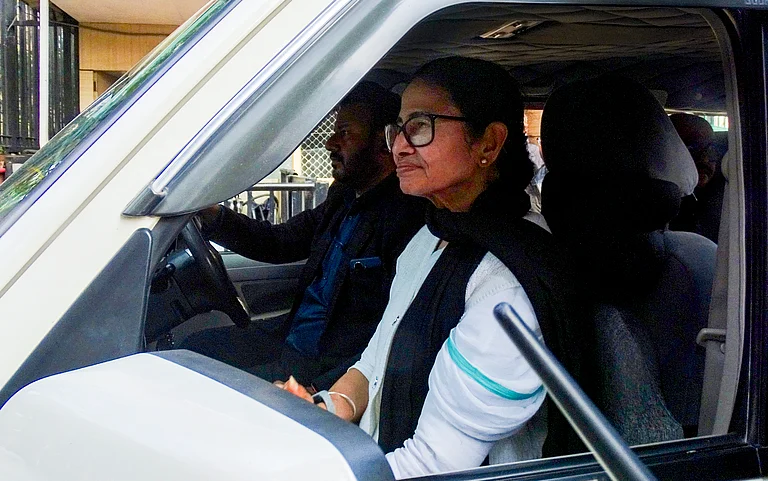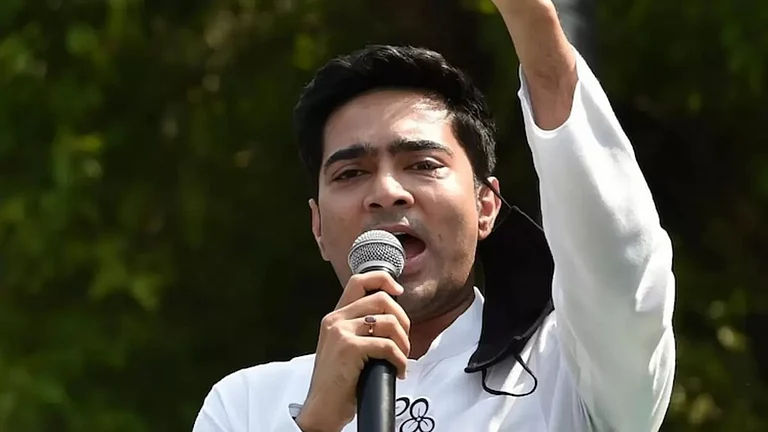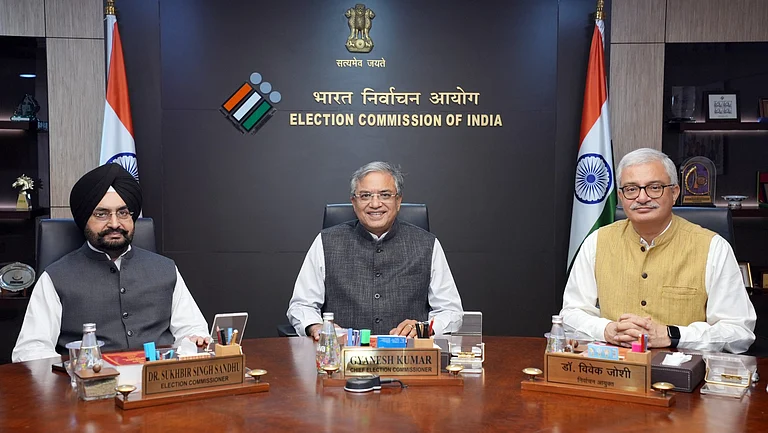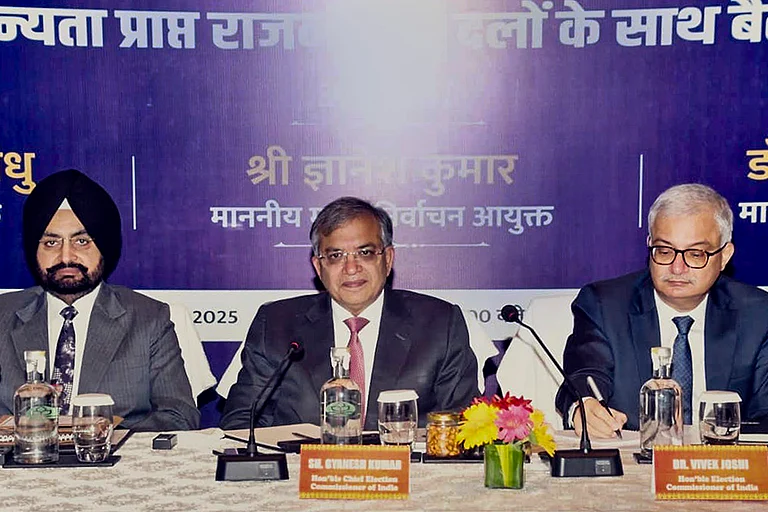
The SC questioned the ECI over confusion in Bihar’s Special Intensive Revision (SIR) of electoral rolls.
Petitioners argued that voters were removed without notice or reason, making appeals impossible.
The Court asked the ECI to provide basic responses by October 9, 2025, with a detailed hearing set for October 14
The Supreme Court on October 7 heard pleas challenging the Election Commission of India’s (ECI) Special Intensive Revision (SIR) of electoral rolls in Bihar, following the release of the final electoral rolls on September 30.
The final list includes nearly 7.42 crore names, with over 21 lakh new inclusions and 3.66 lakh exclusions. The Court adjourned the hearing and scheduled the next session on October 9, 2025, from 3.30 pm to 4 pm, for the ECI to respond to the allegations. A detailed hearing has been scheduled for October 14.
A Bench of Justices Surya Kant and Joymalya Bagchi raised concerns over confusion regarding whether the newly added names in the final list were those whose names were deleted earlier from the draft list, or whether they were entirely new additions. Justice Bagchi observed, “Final list appears to be an appreciation of numbers... There is confusion in the democratic process about whether the additions are re-inclusions or entirely new names.”
Advocate Prashant Bhushan, appearing for the Association for Democratic Reforms (ADR), argued that the SIR had led to disproportionate exclusion of women, Muslims, and other marginalized groups. He said that instead of cleaning the electoral rolls, the process had “compounded the problems.” Bhushan demanded that the ECI publish the names of the 3.66 lakh voters deleted from the final list and those of the 21 lakh voters added.
He also urged the Court to compare the final list with the January 2025 voter list prior to the SIR. “The ECI can do this at the click of a button,” he said, adding that the lack of transparency makes it impossible for voters to appeal.
Senior Advocate A.M. Singhvi, supporting the petitioners, emphasised that without knowing they’ve been removed, voters cannot file appeals. “Persons who are deleted do not get notice that they are deleted. They don’t get the reasons. There is no question of appeal because no one knows,” he argued.
In response, Senior Advocate Rakesh Dwivedi, representing the ECI, maintained that deletion orders were issued, and challenged the petitioners’ locus standi, stating that none of the affected voters had approached the Court. “Only politicians and NGOs sitting in Delhi are raising the issue,” he remarked.
When the Bench asked whether deleted voters could file appeals, Justice Kant added: “If anyone can give the list of voters out of these 3.66 lakh who have not received orders, we will direct EC to give them orders... Everyone has the right to appeal.”
Justice Kant further asked, “For whom are the petitioners doing this There are aliens who will not come out against their exclusion from the voter list. They will not approach the court. So for whom are you doing this, Mr Bhushan. He suggested Bhushan should focus on a particular Bihar constituency to demonstrate the scale of deletions. Bhushan offered to present affected individuals and handed over an affidavit of one such voter. “I can bring 100… How many do your lordships want?” he asked, claiming the deletions amounted to a mass violation.
The ECI, meanwhile, objected to documents being handed over across the bar and insisted all materials be filed formally via affidavits. It also cited Article 329 of the Constitution, stating that courts generally do not interfere once the election process has commenced.
Justice Kant reiterated that if a prima facie case is shown, the Court could pass appropriate directions. “It should not look like a roving enquiry. If we are prima facie satisfied, we can pass orders,” he said.
Justice Bagchi directed the ECI to provide information: “You have the draft and final lists. Omission is clear from the names. Just cull that and give us the information.”
In a previous hearing on September 15, the Court had stated it presumed the ECI, as a constitutional authority, was acting within the law during the SIR, but cautioned that any illegality could lead to the exercise being set aside.
Earlier, on August 14, the Court directed ECI to publish the names of the 65 lakh excluded voters on Bihar CEO's website as well as websites of the District Electoral Officers, along with the reasons for their exclusion. The information was to be displayed in EPIC-searchable format. On August 22, the Court directed ECI to allow approximately 65 lakhs excluded voters to submit applications for inclusion through online mode along with their Aadhaar card.





























